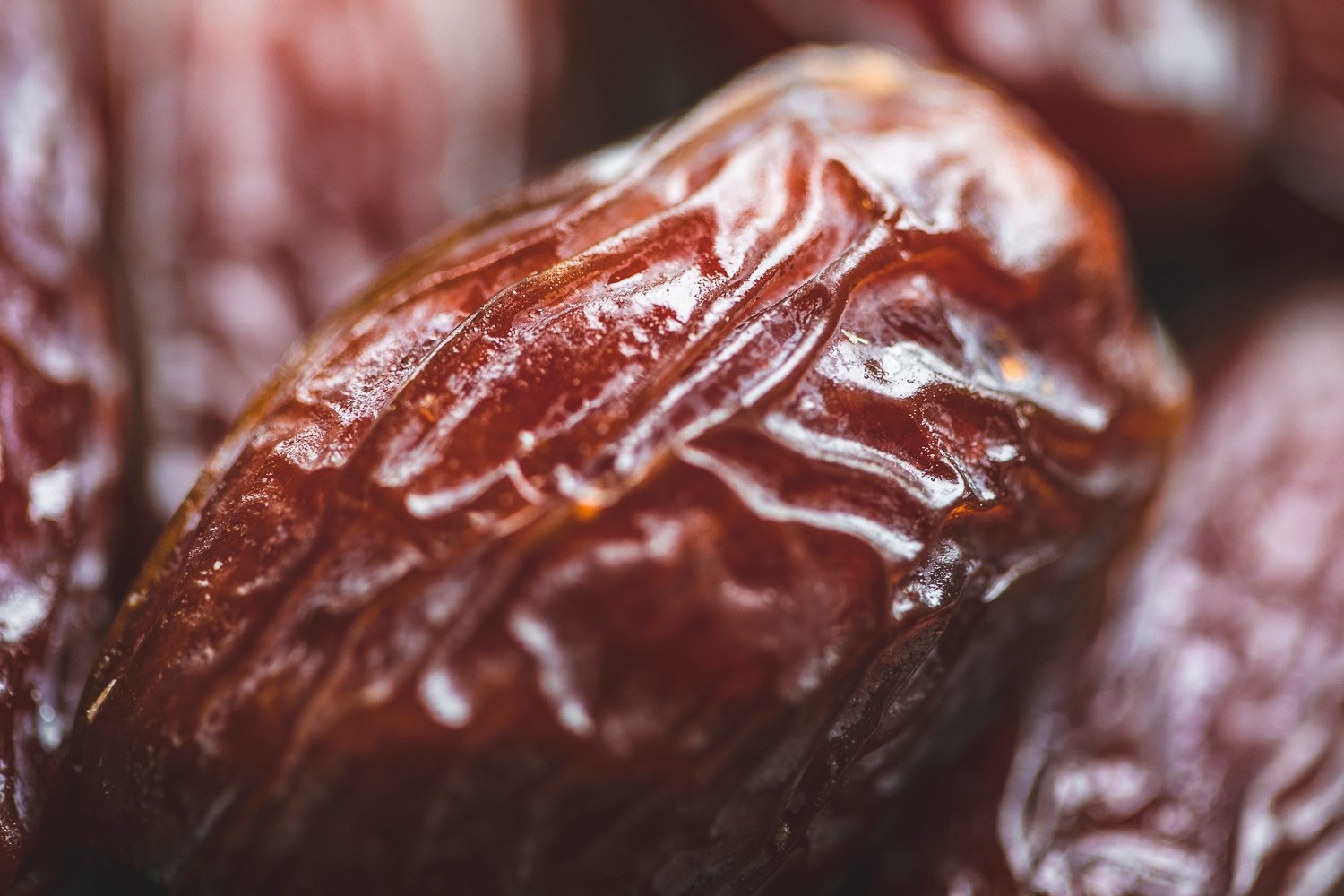Exploring Kurma Medjool Price and Environmental Impacts

Introduction
Medjool dates are renowned for their rich flavor, soft texture, and numerous health benefits. In this blog post, we will delve into two aspects related to Medjool dates: Harga Kurma Medjool (their price) and the environmental impacts associated with their cultivation. We will explore the factors that influence the price of Medjool dates and examine the potential environmental effects of date farming.
Harga Kurma Medjool: Understanding the Price
Medjool dates are often considered a premium variety, and their price can vary depending on several factors. Here are some key factors that influence the price of these dates:
1. Quality: The quality of Medjool dates significantly affects their price. High-quality dates are typically larger, plumper, and have a more desirable texture. These premium dates undergo meticulous sorting and grading processes, ensuring that only the finest dates reach the market. As a result, their price tends to be higher compared to lower-grade or lower-quality dates.
2. Origin: The origin of this date variety can influence their price. Dates grown in regions with favorable climatic conditions and suitable soil quality tend to be of superior quality and command a higher price. For example, Medjool dates from the Middle East, particularly from countries like Saudi Arabia and Jordan, are highly sought after and are often associated with a higher price tag.
3. Harvesting and Processing Techniques: The methods used to harvest and process Medjool dates can impact their price. Hand-picked dates, which require more labor-intensive processes, are often considered to be of higher quality and therefore have a higher price. Additionally, dates that undergo specialized processing techniques, such as organic or natural drying methods, may also command a premium price due to the extra care and effort involved in their production.
4. Packaging and Branding: The packaging and branding of these dates can influence their price. Dates that are attractively packaged and marketed under well-known brands or premium labels may have a higher price point. The packaging materials, design, and overall presentation contribute to the perceived value and can justify a higher price for the product.
Environmental Impacts of Date Cultivation
While date cultivation offers various economic benefits, it is essential to consider the potential environmental impacts associated with this practice. Here are some key environmental aspects related to date farming:
1. Water Consumption: Date palm trees require significant amounts of water to thrive, especially during the fruiting season. In arid or semi-arid regions where dates are commonly grown, this can put pressure on limited water resources. Excessive water extraction for irrigation purposes can lead to the depletion of groundwater levels and negatively impact the surrounding ecosystems.
2. Land Use and Deforestation: The expansion of date plantations can result in deforestation or the conversion of natural habitats, such as forests or wetlands, into agricultural land. This land-use change can disrupt ecological balance, reduce biodiversity, and contribute to habitat loss for native flora and fauna.
3. Pesticide Use: Date cultivation may involve the use of pesticides to protect the crops from pests and diseases. Improper or excessive pesticide application can have detrimental effects on the environment, including soil and water contamination, harm to beneficial insects and pollinators, and potential risks to human health.
4. Soil Degradation: Intensive agricultural practices, including date cultivation, can lead to soil degradation. Continuous monoculture, excessive use of fertilizers, and inadequate soil management practices can deplete soil nutrients, reduce soil fertility, and increase the risk of erosion and desertification.
5. Carbon Footprint: Date farming, like any agricultural activity, contributes to greenhouse gas emissions. These emissions can arise from various sources, including energy consumption for irrigation, machinery operation, and transportation of harvested dates. Additionally, the use of synthetic fertilizers can release nitrogen oxide, a potent greenhouse gas.
Conclusion
Medjool dates, known for their exquisite taste and texture, can vary in price (Harga Kurma Medjool) depending on factors such as quality, origin, harvesting techniques, and packaging. While Medjool dates are considered a premium variety, their price reflects the efforts invested in their cultivation, harvesting, and processing.
When it comes to the environmental impacts of date cultivation, certain considerations must be taken into account. The water consumption associated with date palm trees, land-use changes, pesticide use, soil degradation, and carbon emissions are some of the potential environmental consequences. It is crucial for date farmers and relevant stakeholders to adopt sustainable practices that minimize these impacts, such as efficient irrigation methods, integrated pest management, soil conservation techniques, and the use of renewable energy sources.
By understanding the factors influencing the price of Medjool dates and the potential environmental impacts of date cultivation, consumers can make informed choices and support sustainable and responsible practices in the date industry.
Key Highlights:
– The price of Medjool dates is influencedby factors such as quality, origin, harvesting and processing techniques, and packaging and branding.
– Medjool dates are considered a premium variety due to their superior flavor and texture.
– Factors that contribute to the price of Medjool dates include the quality of the dates, their origin, the methods used for harvesting and processing, and the packaging and branding.
– Date cultivation can have environmental impacts such as water consumption, land use changes, pesticide use, soil degradation, and carbon emissions.
– Sustainable practices, such as efficient irrigation methods, integrated pest management, soil conservation techniques, and the use of renewable energy sources, can help mitigate the environmental impacts of date farming.
– Consumers can make informed choices by understanding the factors that influence the price of Medjool dates and considering the environmental impacts of date cultivation. Supporting sustainable and responsible practices in the date industry can contribute to a more sustainable future.